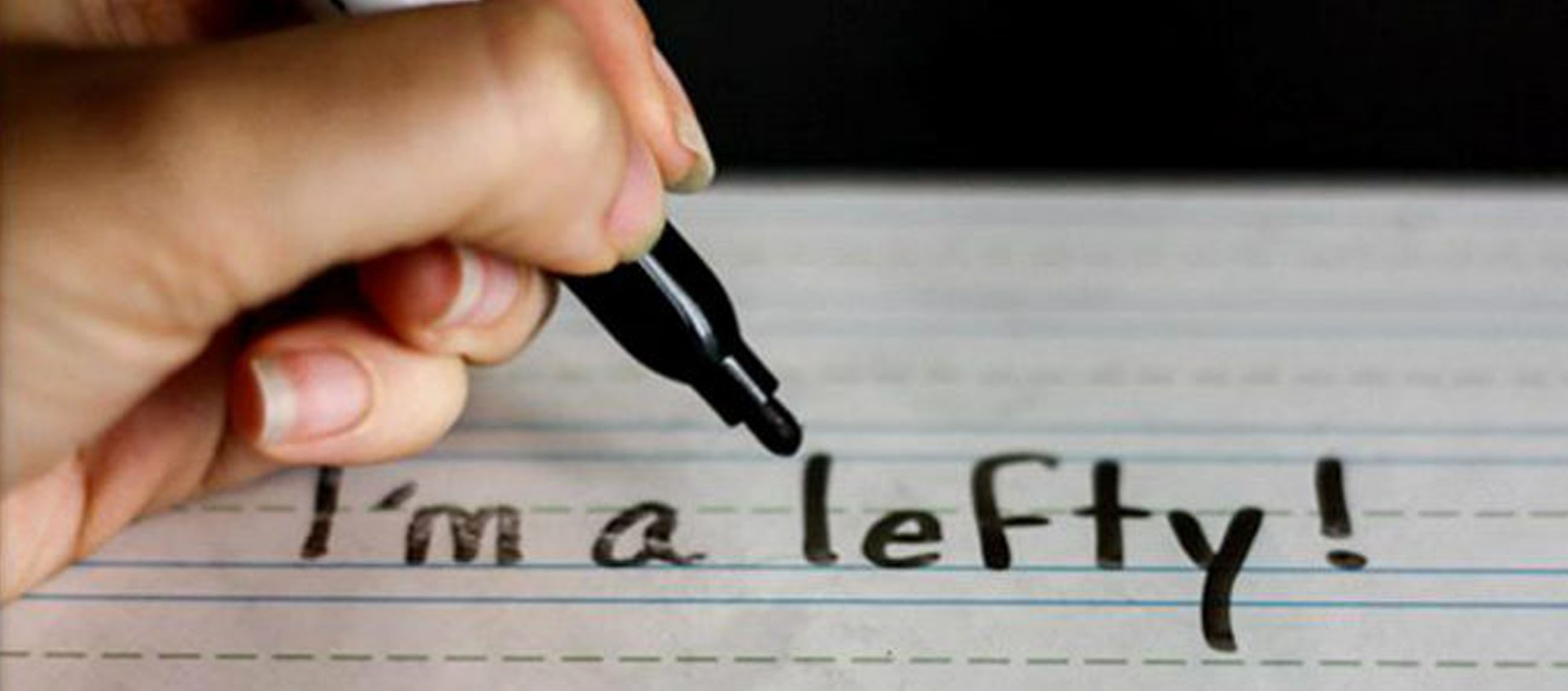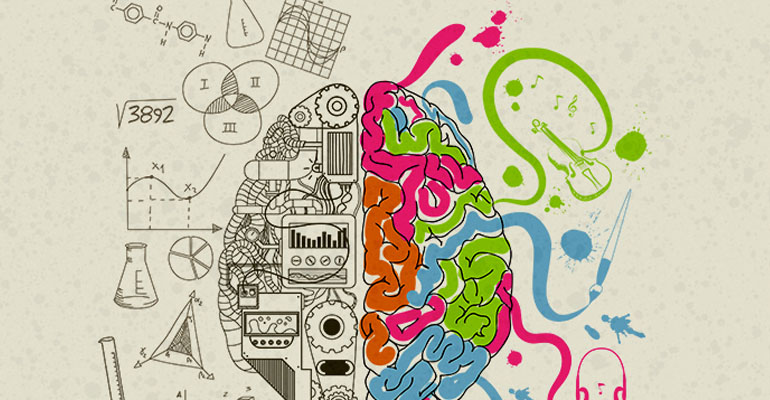
Left Handers Day
About 10 percent of people write with their left hand – a trait tenuously tied to intelligence and creativity, not to mention inky pinkies. And some experts say this small but steady legion sheds light on the brain.
“There are many things common across all minds and bodies, but there are sometimes striking differences,” said Daniel Casasanto, assistant professor of psychology at the New School for Social Research in New York. “These differences can be key to discovering how something works.”
The left hand is guided by the right side of the brain – the hemispheric home of orientation and intuition – leading researchers to suspect lefties may be wired differently than their right-handed counterparts.
Despite their minority status, lefties are more likely to excel in music, mathematics and athletics, according to studies. But left-handedness has also been linked to a higher risk of developmental disorders and mental illness.
“Handedness influences the way people think and feel, and how thoughts and feelings are organized in their brains,” said Casasanto, who studies emotional processing in left-handers. “It turns out to matter in a number of ways.”
But despite decades of research, the biological origins of handedness remain a mystery. It runs in families, suggesting some genetic influence, and can even be seen in the uterus: fetuses suck the right thumb more often than the left. Some studies suggest stress in the womb might be to blame, as lefties are more likely to be born premature or have a low birth weight.
But forced to adapt to a right-hander’s world, lefties are resilient. Once considered gauche – even sinister from the Latin for “on the left” – they tolerate teasing and, in some cases, attempts to rewire their handedness.






No Comments